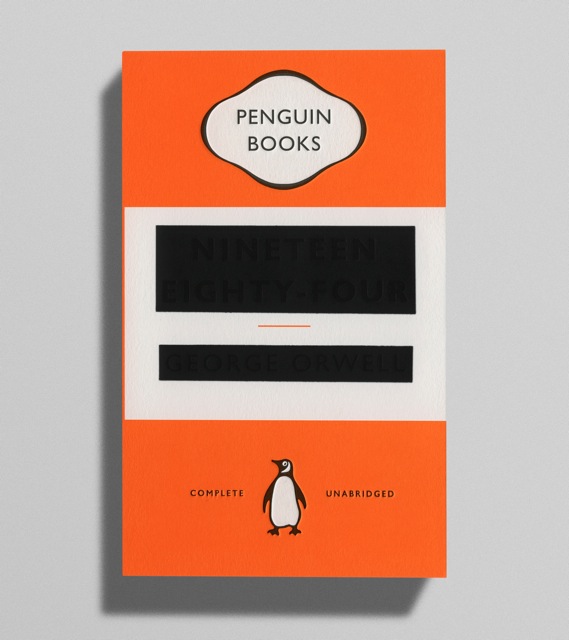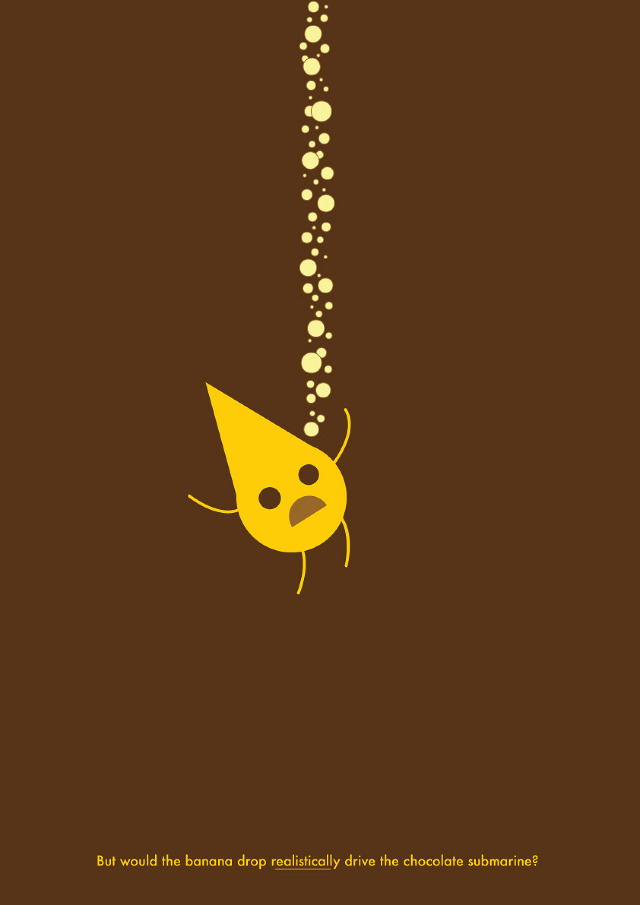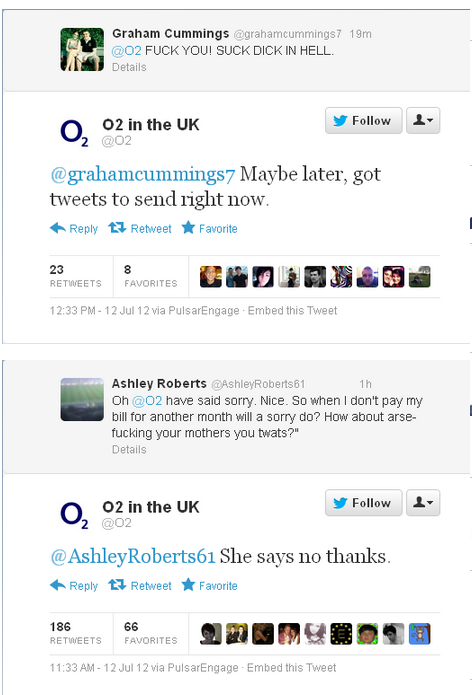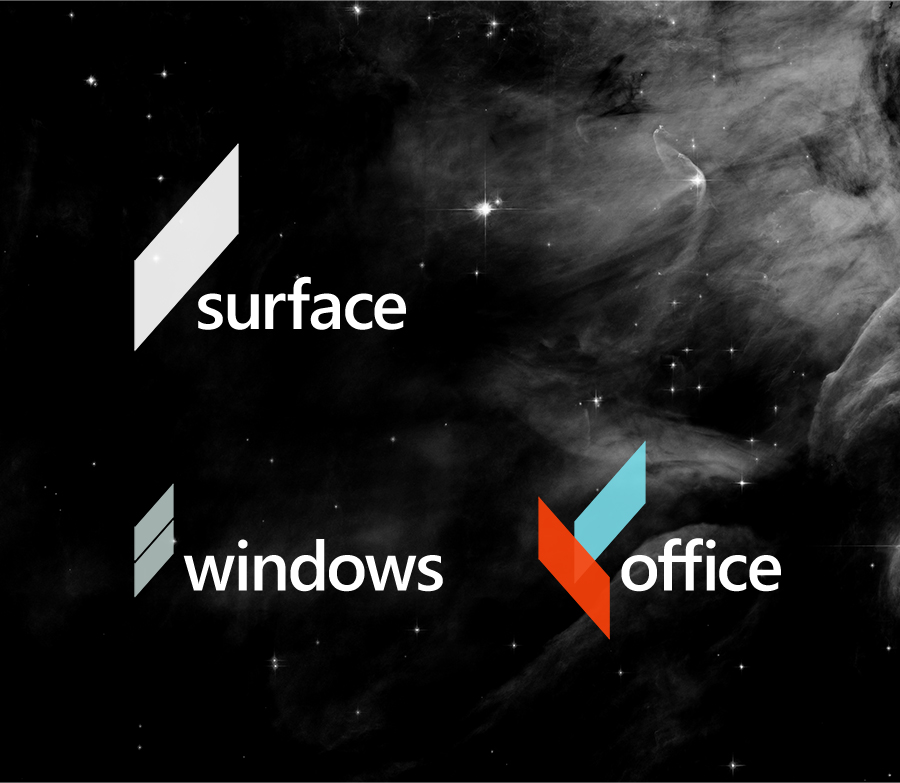Funny and memorable, if puerile.
Thatcher Marmite
Brilliant from the Guardian
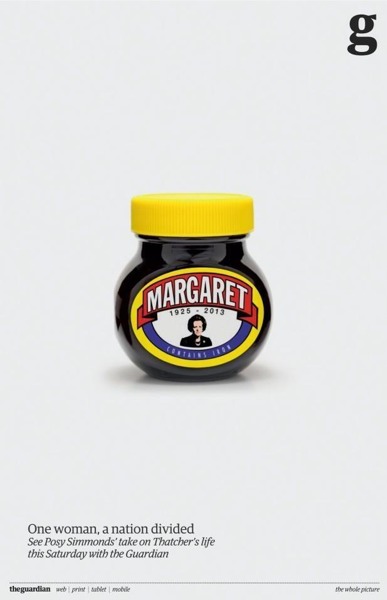
I’m not the biggest fan of Ted talks, but this one struck a chord. It reminded me of this classic John Cleese talk on creativity as it is discusses how to get in the right frame of mind to be productive. People can’t be truly creative on demand, and the distractions inherent in a busy office are actively destructive to being in a flow state.
That said, the traditional, bustling workplace has a vital place (as Yahoo knows). Working relationships have to be build on physical proximity and serendipity. Nothing beats sorting out a tricky issue over coffee or finding out accidentally that you and a colleague share a common interest.
But businesses would do well to acknowledge that presenteeism is not a virtue. Hours in do not equal work out. Let’s give trusted employees clear tasks and objectives, and let them deliver them in the way that works best for them. Because that will also mean it’s the best way for the business.
It’s snowy in London. Like everyone else, I pass homeless people with a feeling of helplessness. I’ve heard that giving ‘spare change’ is not advised, but feel saddened to do nothing. Of course, that feeling passes and nothing gets done.
If only I could do something right there and then to contribute. Not vaguely like a big cause, but to someone who might help this person I’ve seen here. But who do I give to? And how?
Here’s my idea. Imagine there was an app called something like HelpNow. You’d see a person in trouble on the street and open the app. It would geo-locate charities in the area and with one tap you could donate and report what you saw. The app would know where you saw it and there may be times when attaching a photo is appropriate too.
The message, and money, would be relayed to the charity worker’s version of the app and they could take appropriate action. The donor could easily be contacted later to update them on progress.
This would be a great app for a big company to sponsor/create for CSR. And all charities would need to do is sign up and download the app.
This probably needs refining, but seems like a simple way to empower people to help at the moment they are motivated to do so. The recipients don’t just get Random donations, but information on who needs help and where.
This is supposedly the obvious risk-taker of the new set of George Orwell editions, but it’s certainly the one that people will (double) speak about.
Read this site peeping through head in hands. God forgive me if I’d ever make this list, but I can certainly imagine every single one being said.
I’ve read articles about the classic FedEx logo before, but this interview with the design team about the power of negative whitespace is worth a look.
The key to success was subtlety. When you’ve got a genuine bit of magic in your hands, don’t push it at people. Let it happen.
FedEx’s PR firm immediately wanted to supersize it. They wanted to make it obvious, fill it in with another color. They wanted to feature the arrow in other brand communications. They didn’t get it. It wasn’t about the arrow. An arrow isn’t even interesting to look at. It’s only because of the subtlety that it’s intriguing.
The tech that time forgot
This article makes the rather spiky point that ‘remembering your first computer is for old people’. i.e. that for the generation growing up now, there’s nothing revolutionary about how thin the MacBook Air is, or how amazing wireless syncing is. Digital photos aren’t better (or not) than film, they just are. It’s just weird that not to have had a mobile growing up.
Seen this way, relative improvement doesn’t matter for brands and businesses. The task is to be relevant now, not merely better than you used to be.
It reminded me of one of my favourite jokes from the ever-prescient, sorely-missed Douglas Adams:
I’ve come up with a set of rules that describe our reactions to technologies:
1. Anything that is in the world when you’re born is normal and ordinary and is just a natural part of the way the world works.
2. Anything that’s invented between when you’re fifteen and thirty-five is new and exciting and revolutionary and you can probably get a career in it.
3. Anything invented after you’re thirty-five is against the natural order of things.
– The Salmon of Doubt (p.95)
Great line from Apple’s Jonathan Ive on the role (or not) of research in product development:
“we don’t do market research,” because “it will guarantee mediocrity and will only work out whether you are going to offend anyone.”
Testing, listening and optimising is great. Blanding out ideas so as not to upset anyone, or using research to cover your arse isn’t.
I loved the Olympic opening ceremony. For the first time, here was a major event that spoke to me and actually felt like the modern Britain I know and the London I am proud to live in.
This article celebrates what an extraordinary achievement it is for Danny Boyle to get his vision realised (and, to be fair, for it to be allowed to be realised). In these kinds of situations, it’s all too easy for a genuine vision to get blanded out by committee. As Bill Cosby said, “I don’t know what the key to success is, but the key to failure is trying to keep everybody happy”
I’ve written before about how easy it is to kill good ideas and this thought rang all too true to me:
Smart people can kill a terrific but vulnerable idea faster than anyone, because they have the analytical ability to create a firing line of objections to anything new and hence dangerous.
What if Microsoft was cool?
Minimally Minimal have an interesting branding thinkpiece re-imagining Microsoft as cool. I don’t like everything they’ve done in the execution, but the idea is thought-provoking.
They’ve been the naff whipping boys for nearly ten years now and it would be fascinating if they could take the design and product momentum of Kinect, Windows 8 and Metro and package them within a cohesive narrative that really caught people’s imagination.
Rather than mimicking Apple’s “gorgeous” style of demoing products (as Facebook and Microsoft do), Google yesterday played to their geek strengths and raised the bar sky high.
Google Glass could be thought of as as a.n.other of their barking tech adventures, but by bringing to life the magic of sharing what you’re seeing in this incredible, audacious way, they’ve opened a new frontier.
How long before Sportsmen and women are wearing descendents of Google Glass whilst playing their games? I can see Sky Sports gagging for this.
Waking up your street
The story behind Maybe It’s Because I’m a Londoner is one of the most popular posts I’ve written here, so I was pleased to discover this ‘making of’ trade video we made for the follow-up ad for Capital FM in 2005.
I’m pretty proud of it. Looking back, the effort, thinking and professionalism shines through. It’s also quite clear how expensive the ad was and I wonder if radio will ever see its like again – not that this execution or media approach would necessarily be right today. 2005 was before anyone had heard of YouTube, Facebook or Twitter.
Many thanks to the excellent Alex Boyesen of Digital Mixes who made this video
Brilliant video for Code Club
There are some sobering lessons in this excellent Gizmodo article, How Yahoo Killed Flickr and Lost the Internet.
Extracts that stood out for me:
- It is a case study of what can go wrong when a nimble, innovative startup gets gobbled up by a behemoth that doesn’t share its values.
- Even early on, there were signs that the transplant—which had seemed so successful at first—was going to fail. That the DNA didn’t match
- All Yahoo cared about was the database its users had built and tagged. It didn’t care about the community that had created it or (more importantly) continuing to grow that community by introducing new features
- Because Flickr wasn’t as profitable as some of the other bigger properties, like Yahoo Mail or Yahoo Sports, it wasn’t given the resources that were dedicated to other products.
- As a result of being resource-starved, Flickr quit planting the anchors it needed to climb ever higher. It missed the boat on local, on real time, on mobile, and even ultimately on social—the field it pioneered
- Yahoo needed to leverage this thing that it had just bought. The first step in that is to create a unified login. That’s great for Yahoo, but it didn’t do anything for Flickr, and it certainly didn’t do anything for Flickr’s (extremely vocal) users.
- If you want to see where it completely fucked up, turn on your phone and launch the Flickr app. Oh, what’s that, you don’t have one? Exactly
